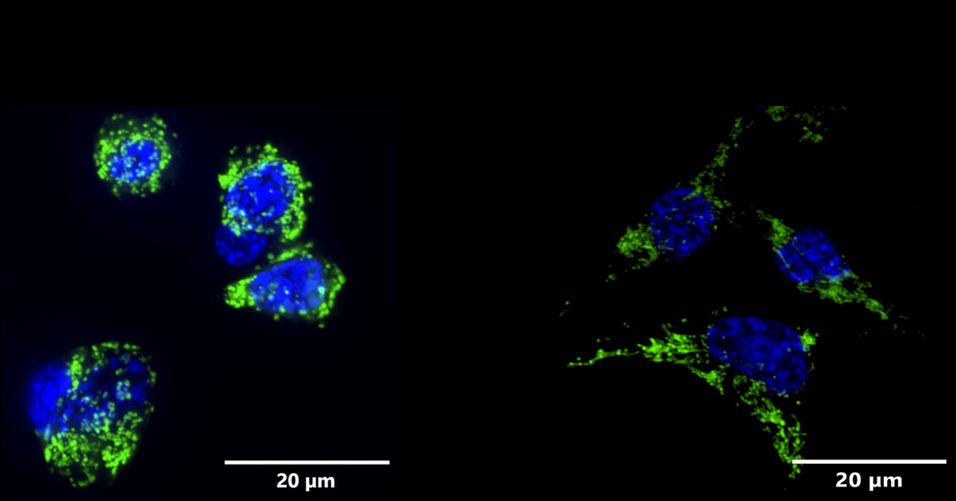In recent years, the surge in global obesity has brought about a corresponding increase in type 2 diabetes (T2D) and metabolic dysfunction-associated steatotic liver disease (MASLD).
In essence, the liver serves as a central metabolic hub of the body, overseeing the regulation of glucose, lipid, and amino acid metabolism, with mitochondria playing a crucial role at its core. Mitochondrial dysfunction has been confirmed in liver tissues from patients with steatosis and insulin resistance and other forms of fatty liver disease.
Our findings revealed that a bioactive flavonoid constituent from citrus fruit, hesperetin (Hst) could alleviate palmitic acid (PA)-impaired mitochondrial function in hepatocytes, such as fatty acid oxidation (FAO) rates, which play a vey important role in lipid metabolism, and thereby sustaining cellular homeostasis. This is achieved by the elevation of PINK1/Parkin-mediated mitophagy and subsequent disposal of dysfunctional mitochondria.
These results provide therapeutic potential for Hst utilization as an effective intervention against fatty liver disease and obesity.
Full article:

